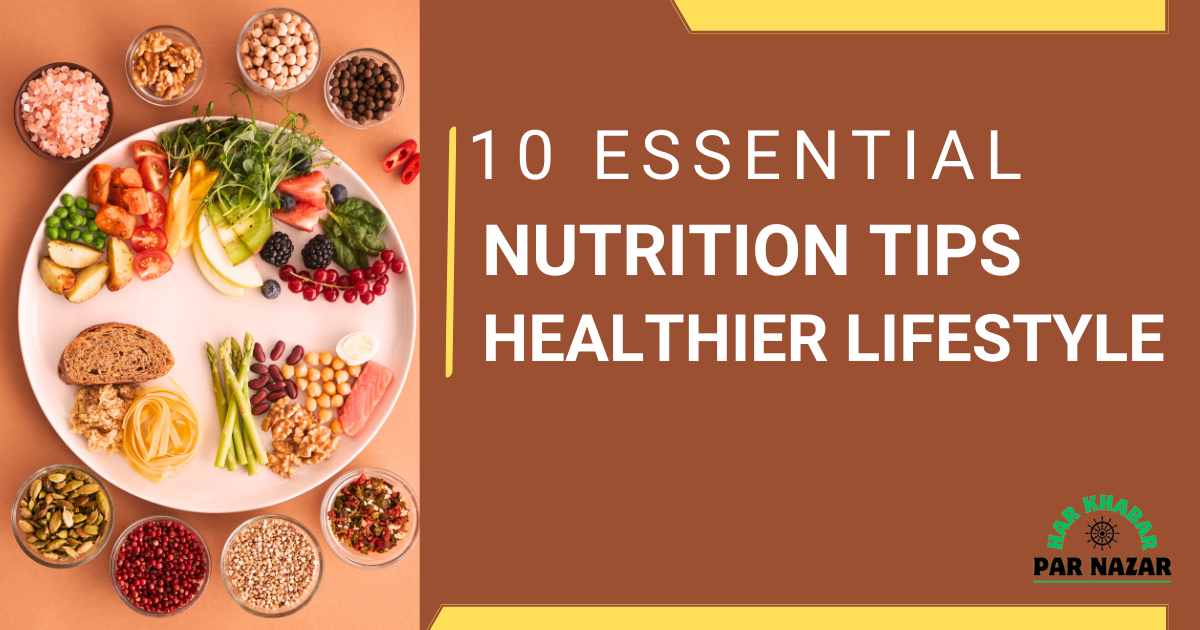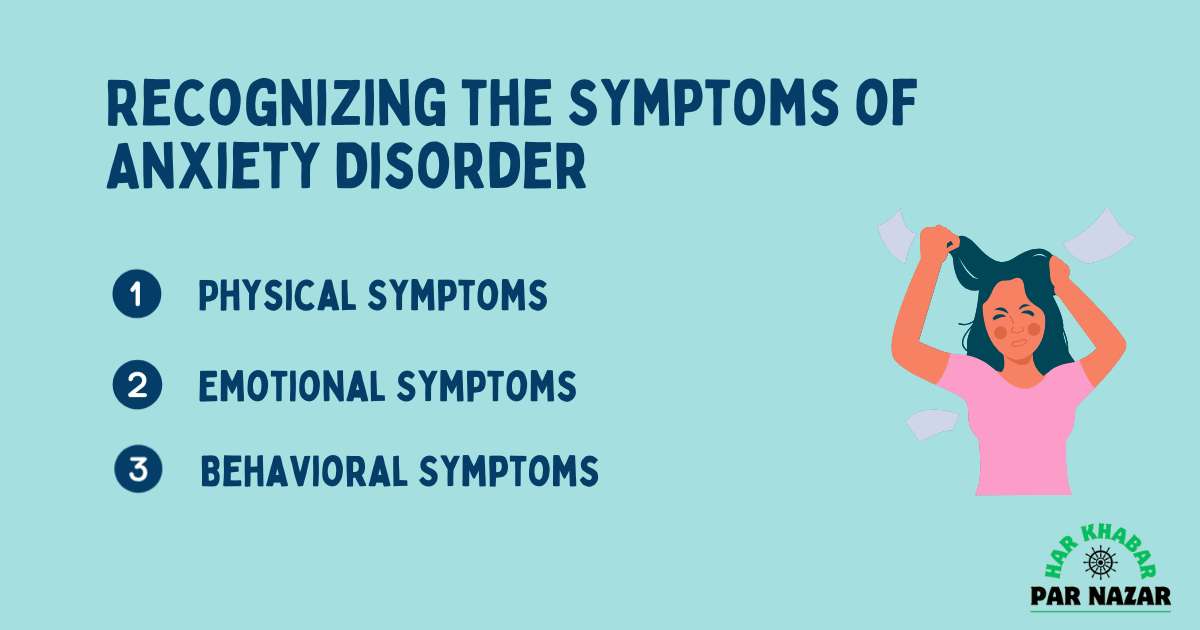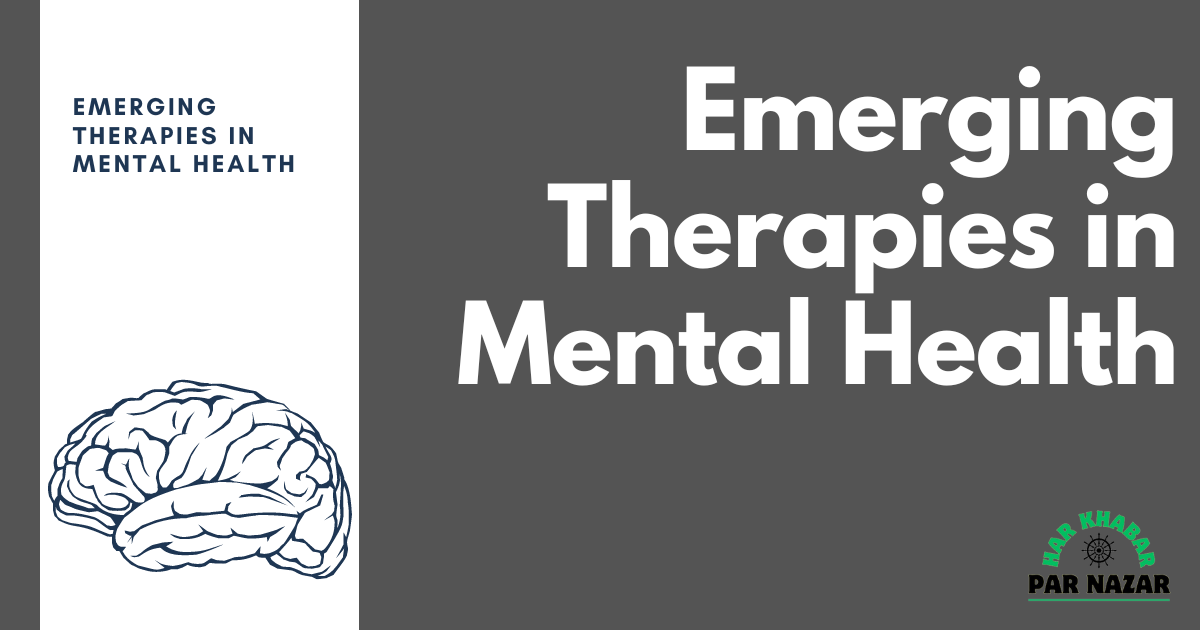.png)
The Definitive Guide to Nutrition and Diet for a Healthier Lifestyle | Understanding the Fundamentals of Nutrition
Proper nutrition’s is essential for maintaining overall health and well-being. At the core of nutrition are three macronutrients - carbohydrates, proteins, and fats - that provide the body with energy and support various bodily functions.
Carbohydrates are the body's primary fuel source, powering everything from brain function to physical activity. Proteins are necessary for muscles, tissues, and organs, playing an important role role in growth, repair, and immune function. Fats, often misunderstood, are important for hormone production, nutrient absorption, and insulation.
Beyond macronutrients, vitamins and minerals are equally important, facilitating enzymatic processes and supporting immune health. A balanced diet rich in various whole, nutrient-dense foods is the foundation of good nutrition.
Understanding these fundamental principles can empower individuals to make informative selection about their dietary intake and support their overall health and wellness goals.
Nutrition basics, macronutrients, micronutrients, calories, balanced diet
The Role of Macronutrients in a Healthy Diet
The three important nutrients that provide the body with energy are macronutrients - protein, carbohydrates, and fat. Understanding the role of these macronutrients is essential for maintaining a balanced and healthy diet.
Protein is important for build and repair tissues and supporting immune function. Good proteins sources include lean meats, poultry, fish, eggs, legumes, and dairy products.
Carbohydrates are the body's primary source of fuel. They come in starches, fiber, and sugars and found in grains, fruits, vegetables, and dairy. Complex carbohydrates, such as whole grains, are the healthiest options as they provide sustained energy.
Fats are vital in hormone production, nutrient absorption, and body insulation. Healthy fats include avocados, nuts, seeds, and fatty fish. Limiting intake of saturated and trans fats is recommended for overall health.
Achieving the good balance of macronutrients is crucial in supporting optimal bodily functions and maintaining a healthy weight. Consulting with a best dietitian can help individuals determine the appropriate macronutrient ratios for their unique needs and fitness goals.
Carbohydrates, proteins, fats, macronutrient ratio, macronutrient balance
Micronutrients: Vitamins and Minerals for Optimal Health
Maintaining good health requires more than macronutrients like carbohydrates, proteins, and fats. Micronutrients, including vitamins and minerals, support various bodily functions and well-being.
Vitamins are organic compound that the body required in small amounts to perform essential processes. They can be divided into two categories: water vitamins, such as vitamin C & vitamin B-complex vitamins, and fat-soluble vitamins, including vitamins A, D, E, and K. Each type of vitamin has unique functions, from supporting immune health to promoting strong bones and teeth.
Minerals, on the other hand, are inorganic elements that are equally important for optimal bodily function. Essential minerals include calcium, iron, magnesium, zinc, and selenium, each with specific roles in maintaining cardiovascular health, regulating metabolism, and facilitating nerve and muscle function.
Assuring take a vitamins and minerals through a balanced diet or supplementation, when essential, can help prevent deficiencies and support overall health and wellness. Understanding the importance of micronutrients is the first step toward making informed choices for your nutritional needs.
Vitamin types, mineral types, nutrient-dense foods, supplementation
Dietary Patterns and Eating Styles for Improved Nutrition
Keep a balanced and nutritious diet is essential for overall health and well-being. While there is no one-size-fits-all approach, understanding different dietary patterns and eating styles can help individuals make informed choices to optimize their nutrition.
Some common dietary patterns include the Mediterranean diet, which emphasizes plant-based foods, healthy fats, and moderate consumption of animal products. The DASH diet reduces sodium intake and increases fruits, vegetables, and whole grains. Vegetarian and vegan diets eliminate or minimize animal-based foods in favor of plant-based alternatives.
Eating styles can also impact nutritional intake. Mindful eating, which involves being present and attentive during meals, can promote better digestion and satiety. Intermittent fasting, where individuals cycle between periods of eating and fasting, may offer metabolic benefits for some. Portion control and meal planning are other strategies to help individuals meet their nutritional needs.
Ultimately, the most effective dietary approach is the one that aligns with an individual's preferences, lifestyle, and health goals. Consulting with a best dietitian or healthcare professional can provide personalized guidance on developing a sustainable, nutritious eating plan.
Mediterranean diet, DASH diet, vegetarian/vegan diets, intermittent fasting
Personalized Nutrition: Considering Individual Needs and Preferences
Nutrition is not a one-size-fits-all approach. Each individual has unique dietary requirements, health conditions, and personal preferences that must be considered for an effective nutritional plan. Personalized nutrition has emerged as a tailored approach to address these individual factors and optimize health outcomes.
When developing a personalized nutrition strategy, key considerations include an individual's age, gender, activity level, medical history, and genetic makeup. Food allergies, intolerances, and cultural or religious dietary restrictions must also be addressed. By understanding these nuances, healthcare professionals can create a customized nutrition plan that aligns with the person's specific needs and goals.
Additionally, personal taste preferences and eating habits play a crucial role in the success of a nutrition program. A plan that incorporates the individual's food likes, dislikes, and typical meal patterns is more likely to be sustainable in the long run. Incorporating these preferences can help ensure the individual remains engaged and motivated to adhere to the recommended dietary changes.
Personalized nutrition represents a shift towards a more holistic, patient-centered approach to healthcare. By considering the unique characteristics of each individual, healthcare providers can develop targeted interventions that optimize nutritional outcomes and improve overall well-being.
Dietary restrictions, food allergies, cultural/religious diets, lifestyle factors
Nutrition and Weight Management: Achieving and Maintaining a Healthy Weight
Maintain a healthy weight is important for overall well-being and requires a balanced approach to nutrition and lifestyle. This blog section will provide informative insights into the role of nutrition in weight management, offering useful techniques to assist you support a healthy weight.
Key topics covered will include:
-
The fundamentals of a balanced diet
Understanding the importance of macronutrients (carbohydrates, proteins, and fats) and micronutrients (vitamins and minerals) in supporting a healthy weight.
-
Calorie intake and energy balance
Exploring the concept of calorie deficit and surplus and how to create a sustainable calorie plan for weight management.
-
Nutrient-dense foods and portion control
Identifying nutrient-rich foods that can help you feel full and satisfied and learning effective portion control techniques.
-
Strategies for sustainable weight loss
Discussing evidence-based approaches to weight loss that prioritize long-term health and lifestyle changes.
-
The role of physical activity
Highlighting the importance of regular exercise and its synergistic effects with a balanced diet for weight management.
By the end of this section, you will have a comprehensive understanding of how to leverage nutrition maintain a healthful weight, empowering you to make informed choices and lead a healthier, more fulfilling life.
Calorie intake, portion control, metabolism, weight loss strategies, weight maintenance
Conclusion: Adopting a Balanced, Nutrient-Rich Diet for Long-Term Health and Wellness
Adopting a Balanced, Nutrient-Rich Diet for Long-Term Health and Wellness
In conclusion, maintaining a balanced, nutrient-rich diet is essential for long-term health and wellness. By incorporating a varieties of whole, unprocessed foods in which your daily meals, you can ensure your body accepts the necessary vitamins, minerals, and macronutrients it needs to function optimally.
Remember, there is no size-fit-all approach to sustenance, and finding a dietary plan that works best for your individual needs and preferences is essential. You can set yourself up for long-term achievement and appreciate the many benefits of a nutrient-dense, balanced diet.
.png)



